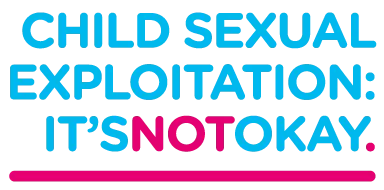Look Around
Child sexual exploitation is child abuse.
It occurs when anyone under the age of 18 is persuaded, coerced or forced into sexual activity in exchange for gifts, money, drugs, alcohol, reward, affection or status.
Abusers manipulate their victims into taking part in sexual activity in different ways – grooming their victims with attention or gifts, or by using coercive, controlling behaviour, and sometimes force. The exploitation process can be incredibly subtle and many young people who are being exploited care about the person exploiting them and do not realise they are victims.
Sexual exploitation can appear in many forms and can happen in peer groups as well as with individuals. It can happen to people of similar age, or with a clear age difference, it can happen to all genders, all sexualities and to people of all ethnicities.
If you are worried that someone is being sexually exploited, ask them if they are ok (if it is safe to do so), or report your worries to a professional, such as a police officer, a social worker, a teacher, security or staff member. Or call 101, or 999 in an emergency.
Spot the signs
Look out for interactions and relationships which do not feel, or seem right to you. Our ‘gut’ feeling is usually a good way of us knowing something is not okay. If you see someone being forceful or threatening to a young person, seek help from a professional or intervene if it is safe to do so. Be curious to what is happening around you. Asking someone if they are okay can be the first step in helping them to seek help.
Keep your ears and eyes open. Is someone behaving inappropriately towards a child or talking to them in a way that is inappropriate or sexual?
If you work or travel through a place where you see young people or lots of young people meeting up, please consider:
- Is there any evidence of young people being offered drugs or alcohol?
- Is anyone being singled out and being ‘dared’ or made to do things they do not look comfortable with? This could be by their peers.
- Have you overheard young people arranging to go to places or parties, which seem unfamiliar to them and it seems like they don’t know the people?
- Is there anyone actively approaching young people in a way which does not feel right?
Worried about your child?
Child sexual exploitation can be hard to detect and abusers are very clever in their manipulation. Some young people won’t even be aware that it is happening to them.
If something is out of the ordinary for your child and you are worried about changing or unusual behaviour you can speak to someone to get advice. Young people will respond to sexual exploitation differently and some may not show any ‘obvious’ signs of exploitation. Trust your intuition as a parent or carer, and if something appears out of the ordinary or wrong then speak to a professional.
Sexual exploitation can happen in many ways: within friendship groups, online, with people they believe they are in a relationship with, or by strangers through someone they know. It can happen to all children regardless of gender identity sexualities and ethnicity.
Below are some possible indicators of sexual exploitation. If your child does not show any of the below indicators, but you are still worried, then speak to a professional. All children respond in their own way to sexual exploitation:
- Changes in usual behaviour
- Not coming home when they say they will, or going missing
- Low self-esteem/self-worth
- Changes in appearance
- Reluctant to talk about friends/relationships and becoming secretive
- Struggling to engage in school
- Mental health difficulties such as low mood, seeming anxious
- Visible Self-harm (self-harm may also be out of sight located on breasts and genital areas)
- Evidence of sexual images being shared (by themselves or by others)
- Overly protective of their messages/social media
- Use of apps designed for older people
- Sexually transmitted infections
- Concerns surrounding the use of alcohol or drugs
- Sudden changes/fear of people/friends
- Unexplained gifts or money
- Sexual discussions/language which is not usual
- Discussions of chemsex (sex involving drugs)
- Bruising/injuries on more private areas of their body such as breasts , thighs and genital
Report it
If something doesn’t feel right, it might not be.
If you are concerned about a child or young person, report it to 101.
If someone is in immediate danger, call 999.
- Get help and report it to your local child sexual exploitation team
Find out more
Share with others:






